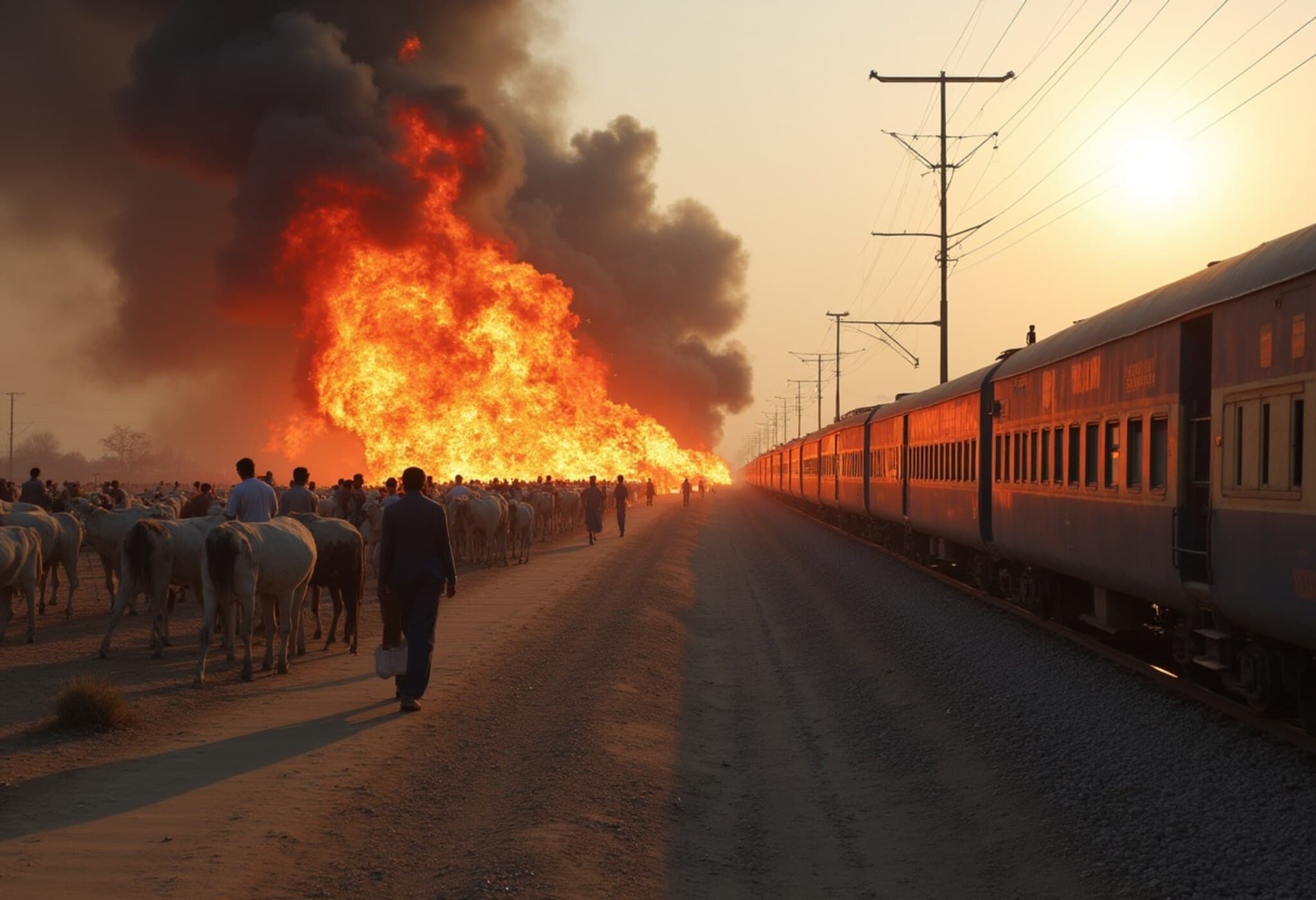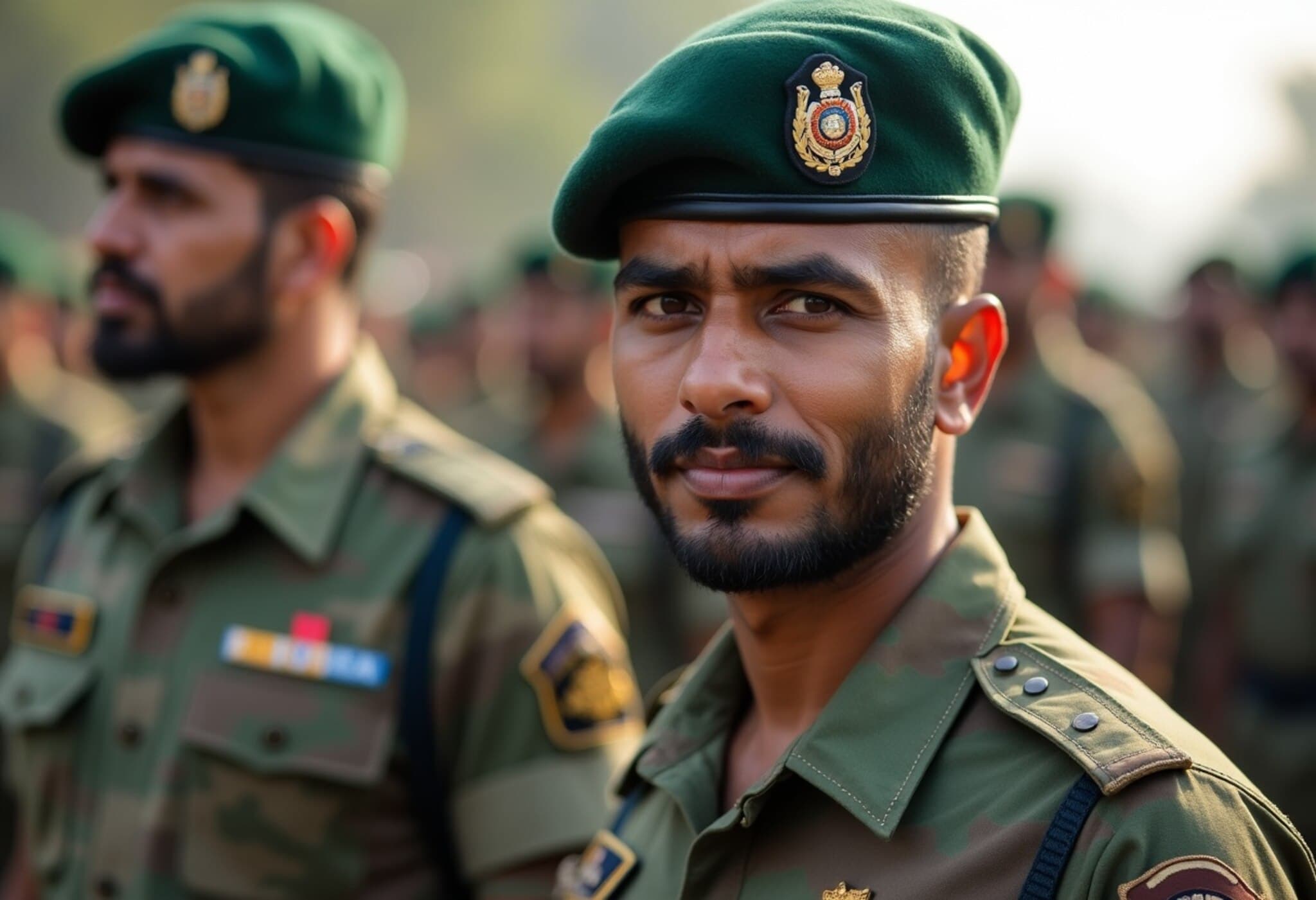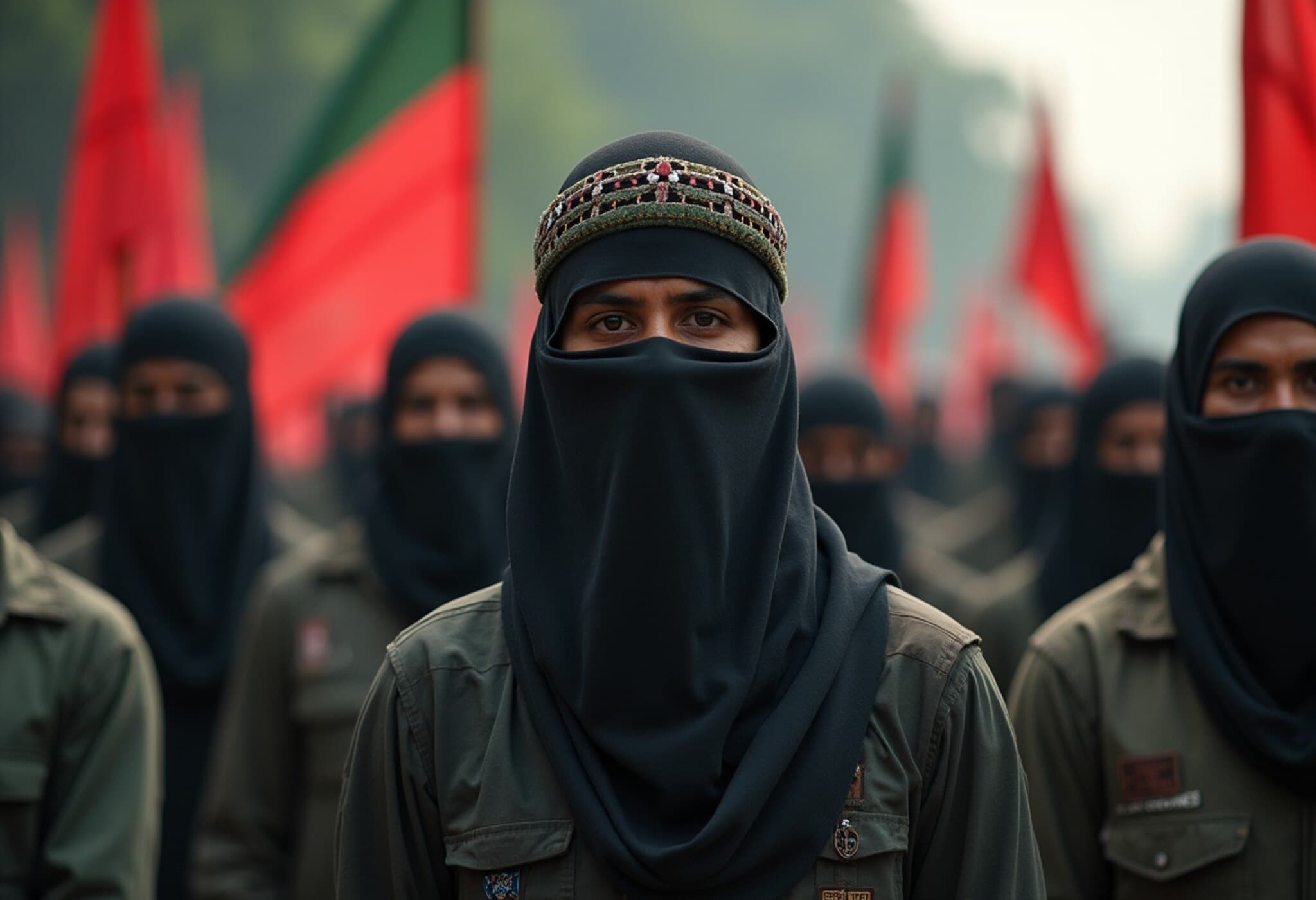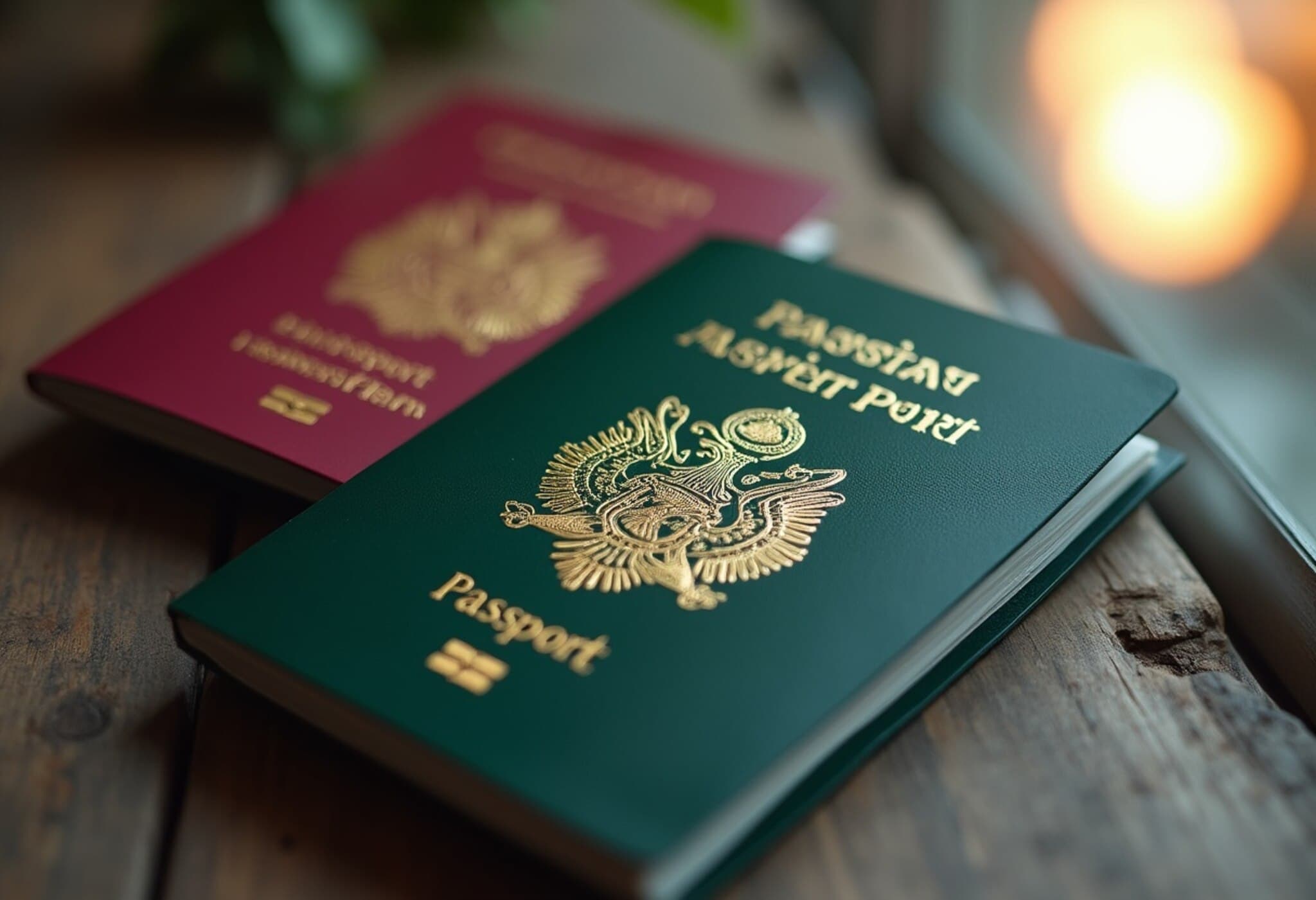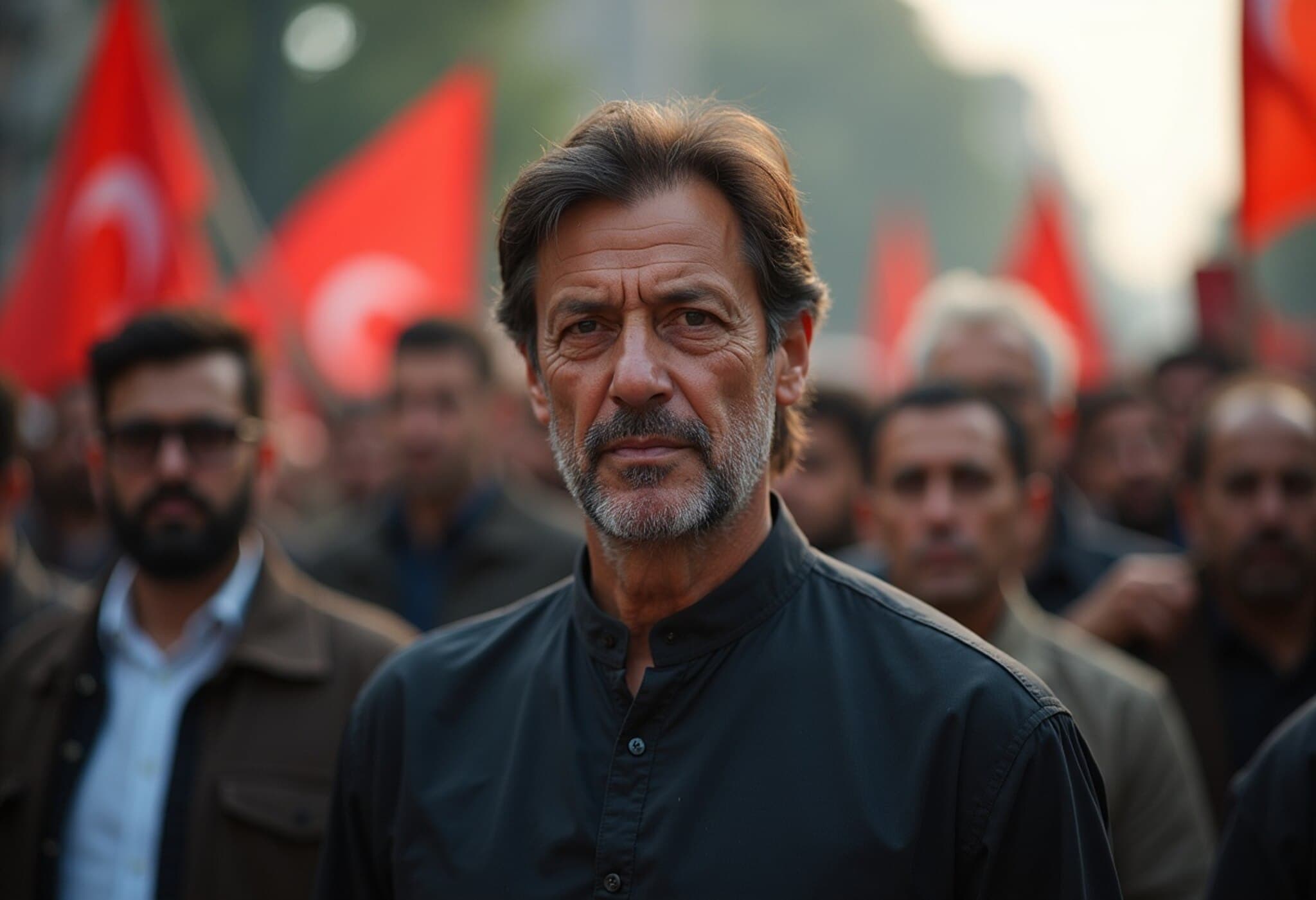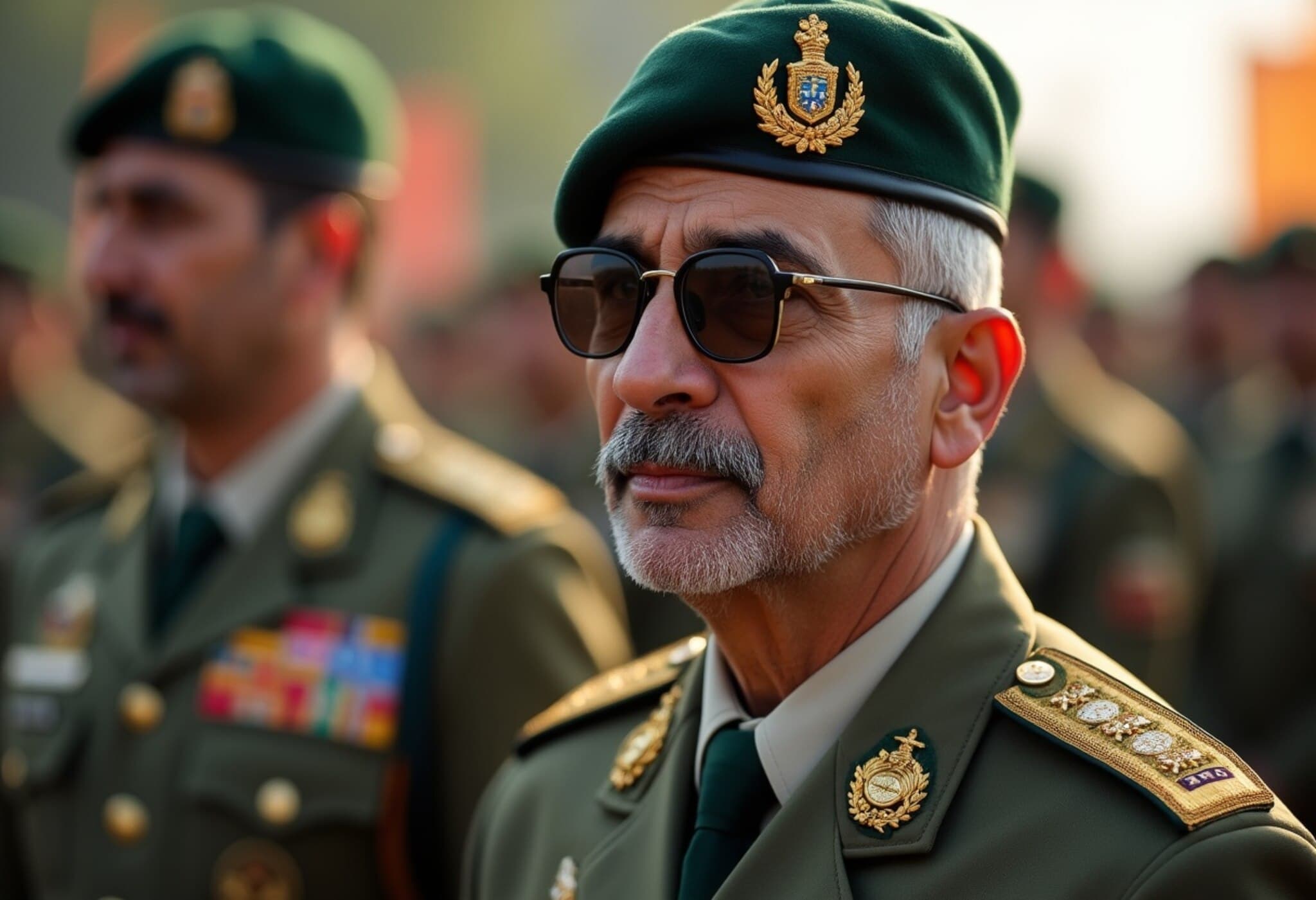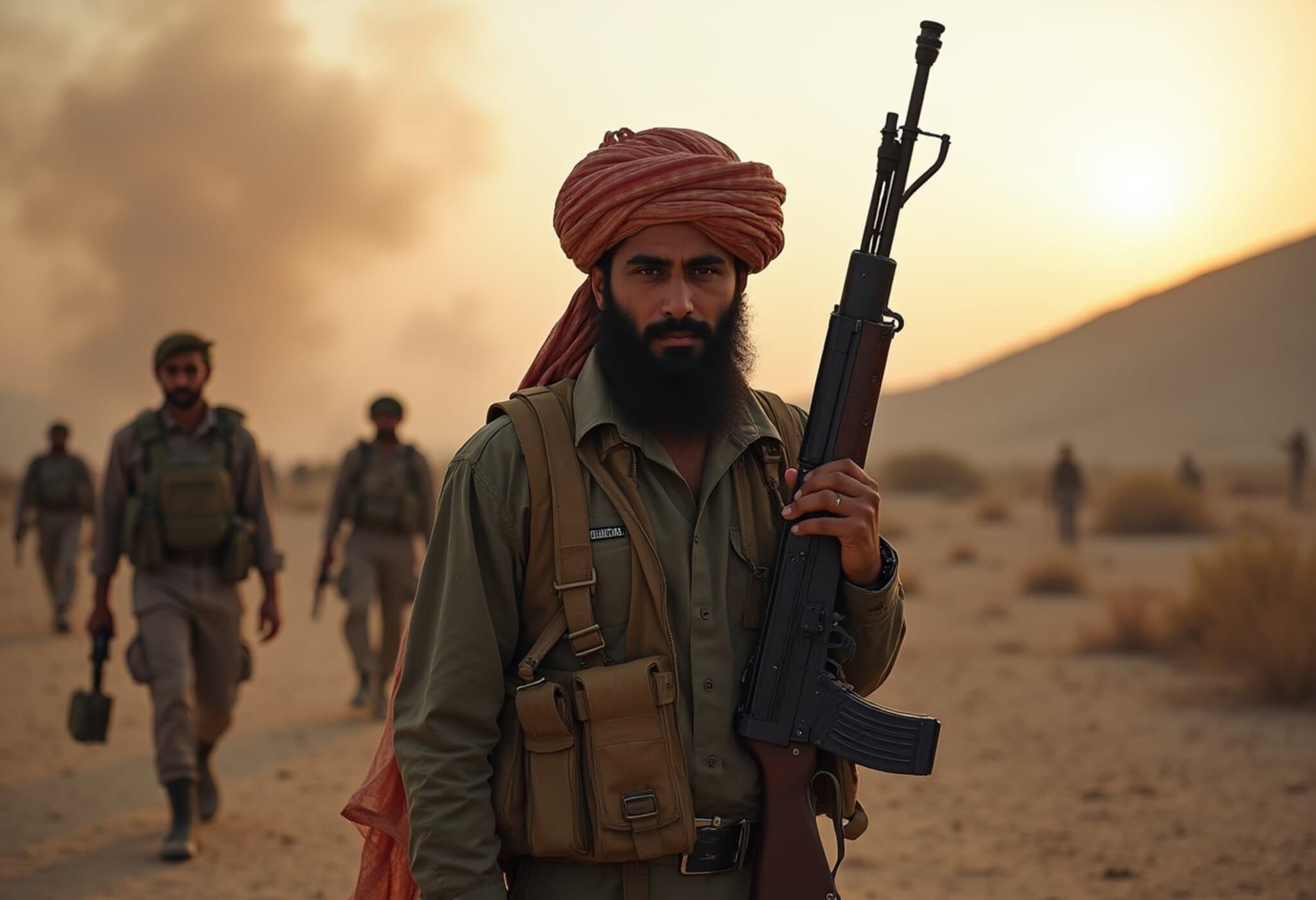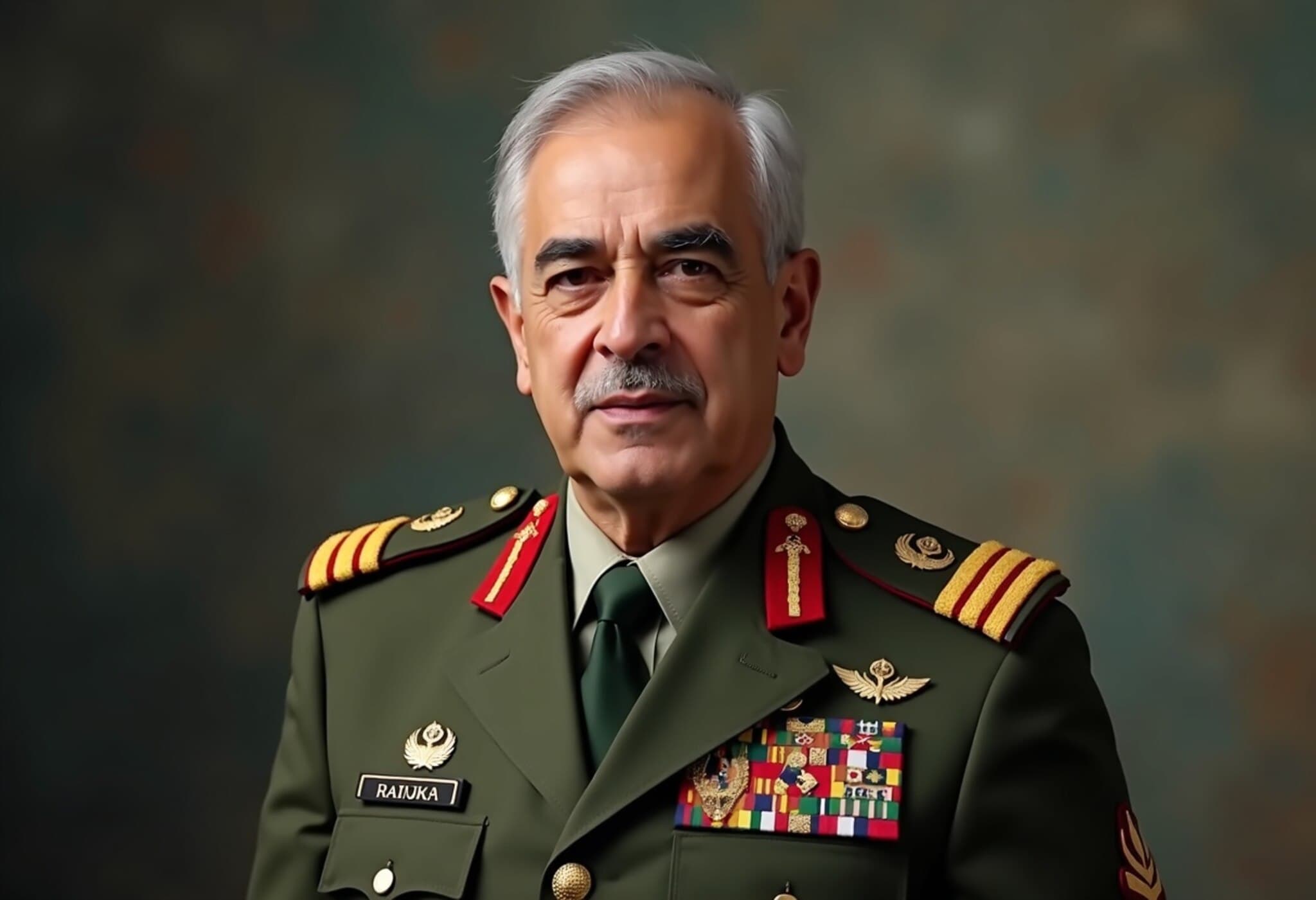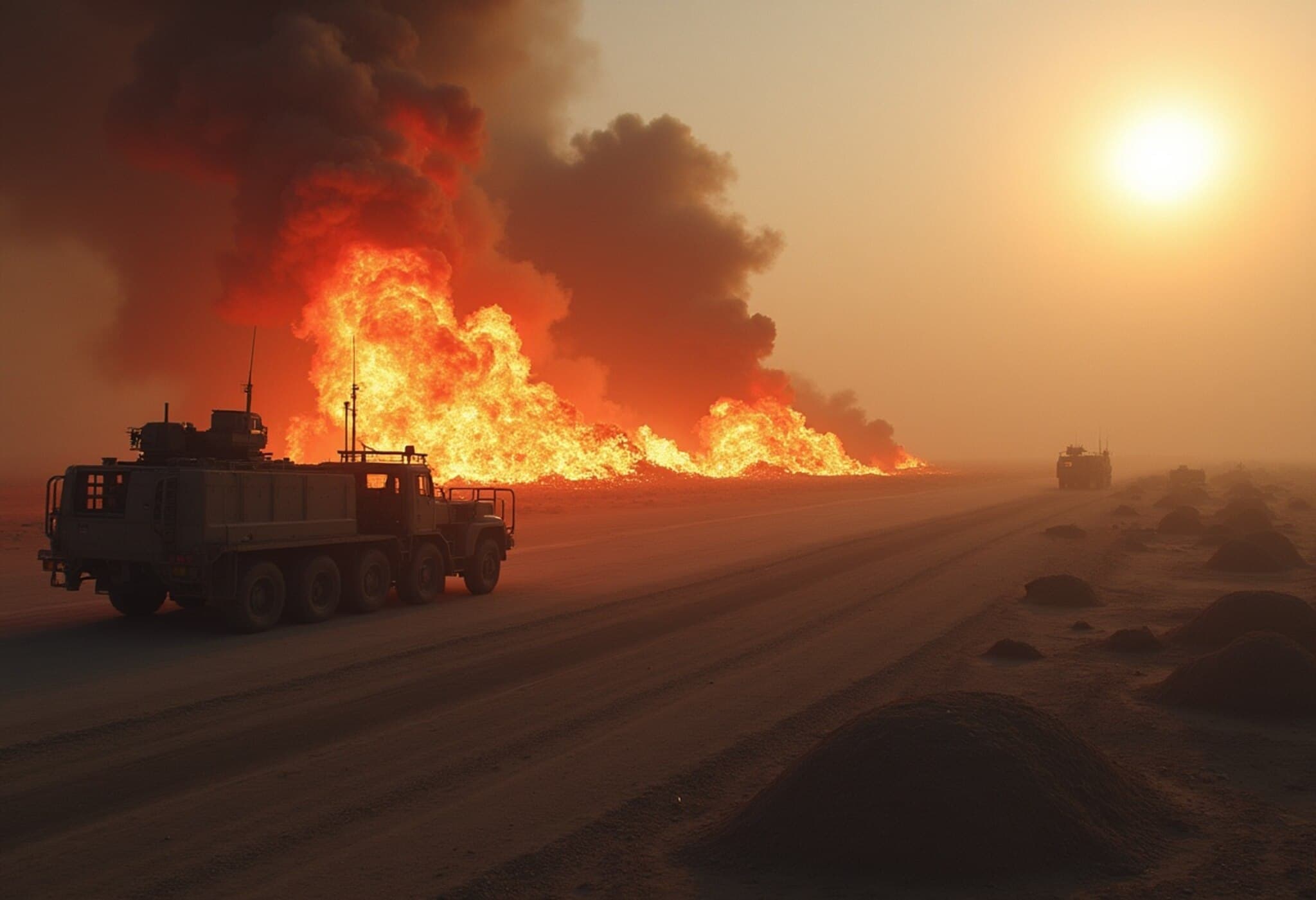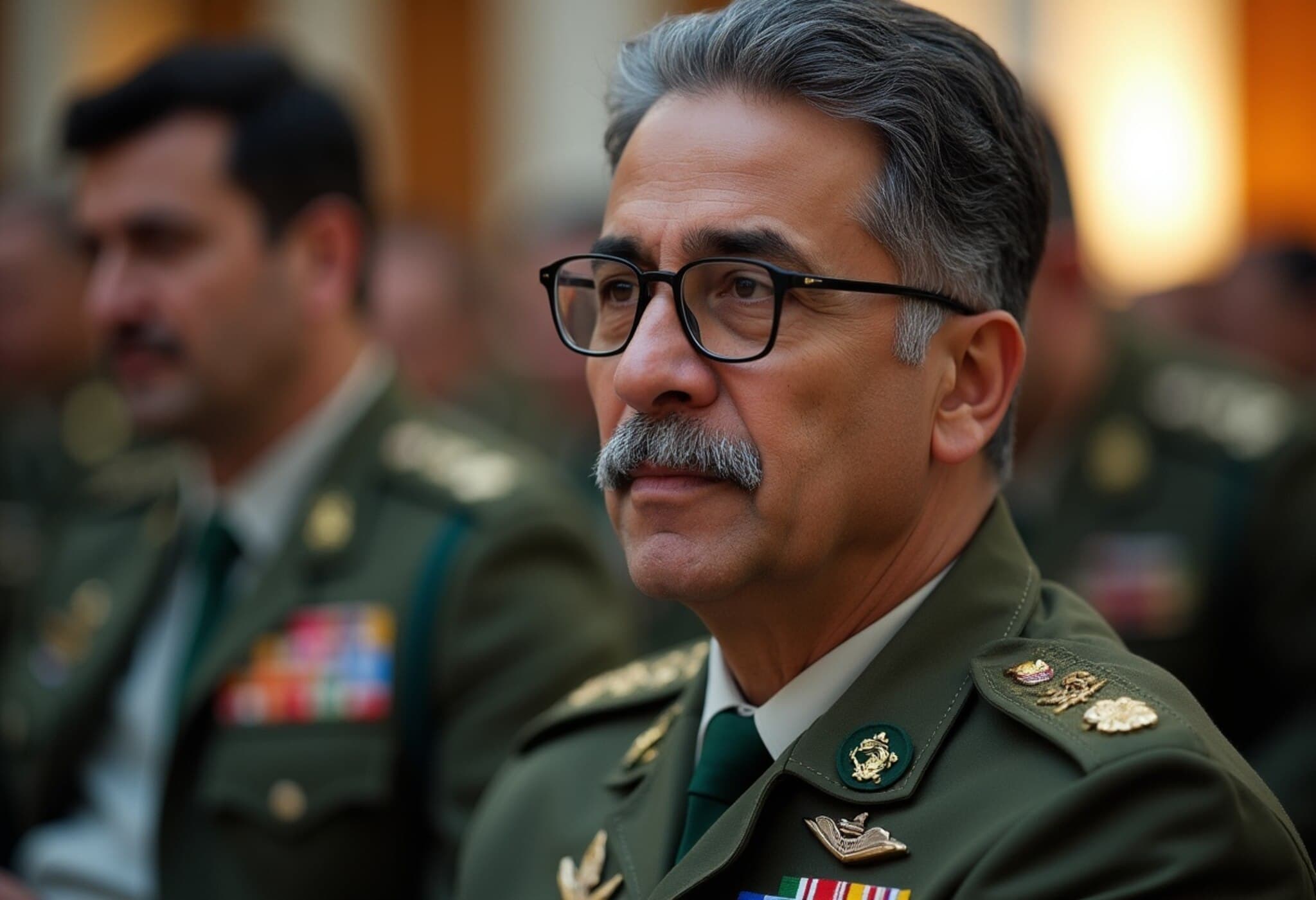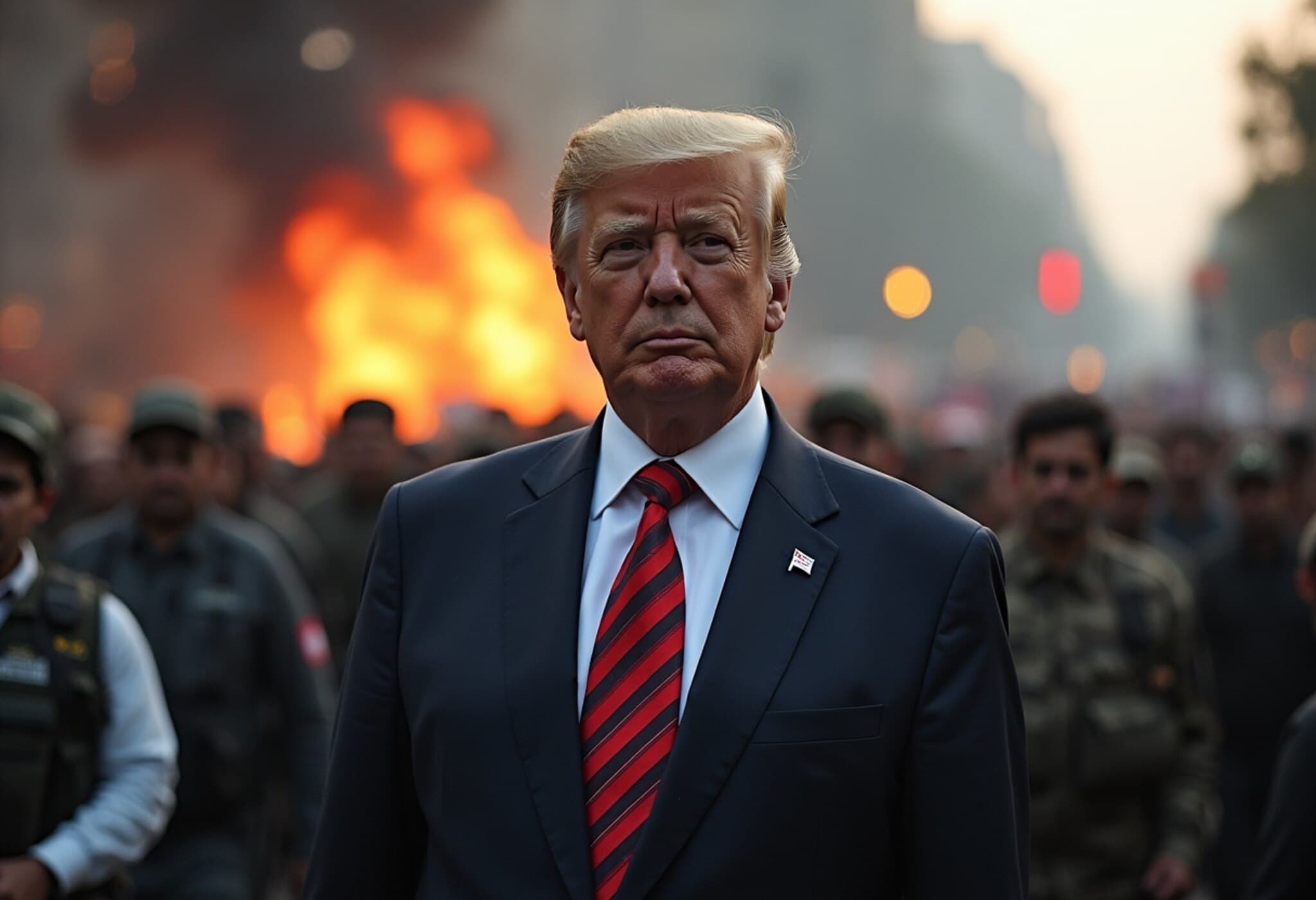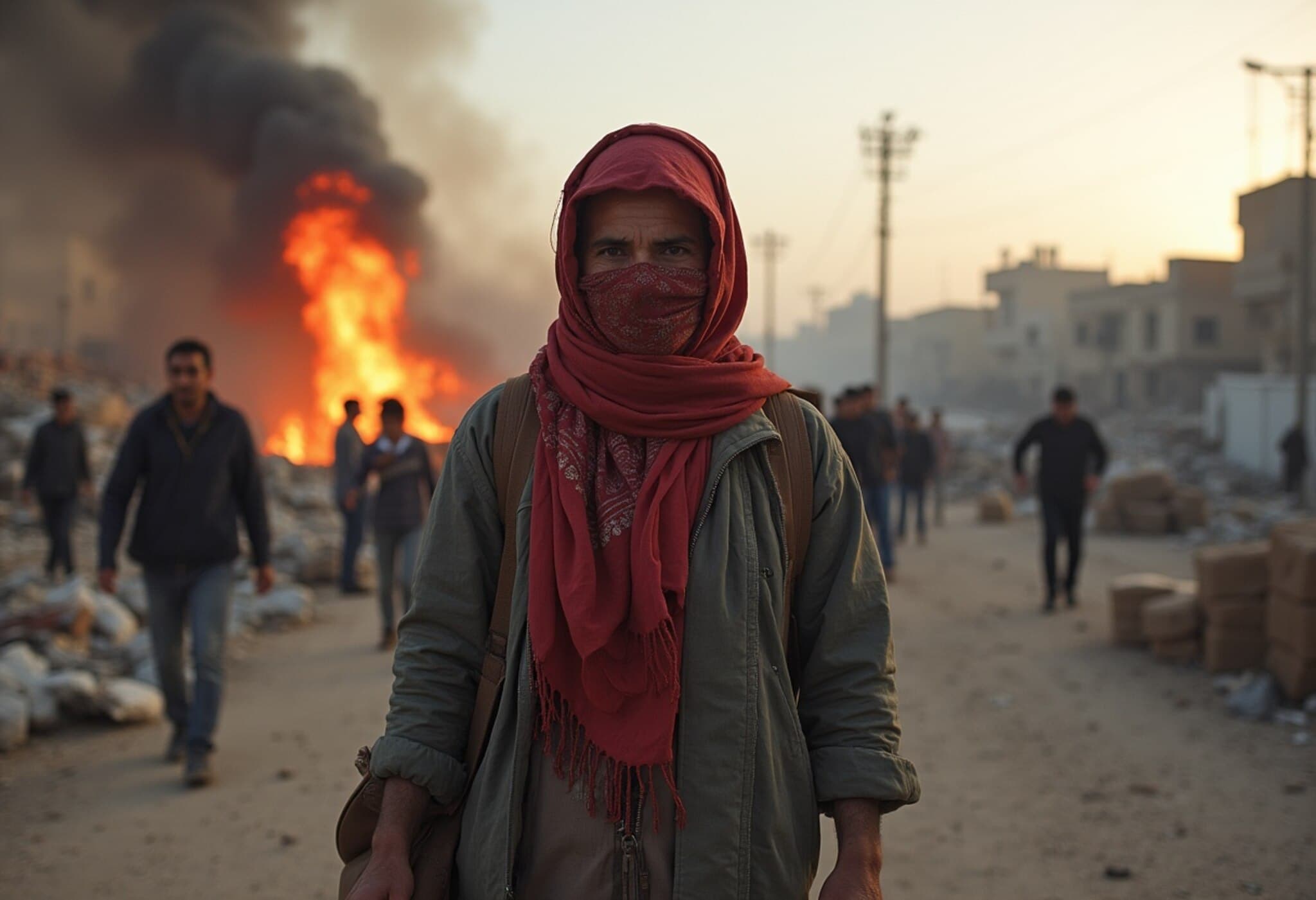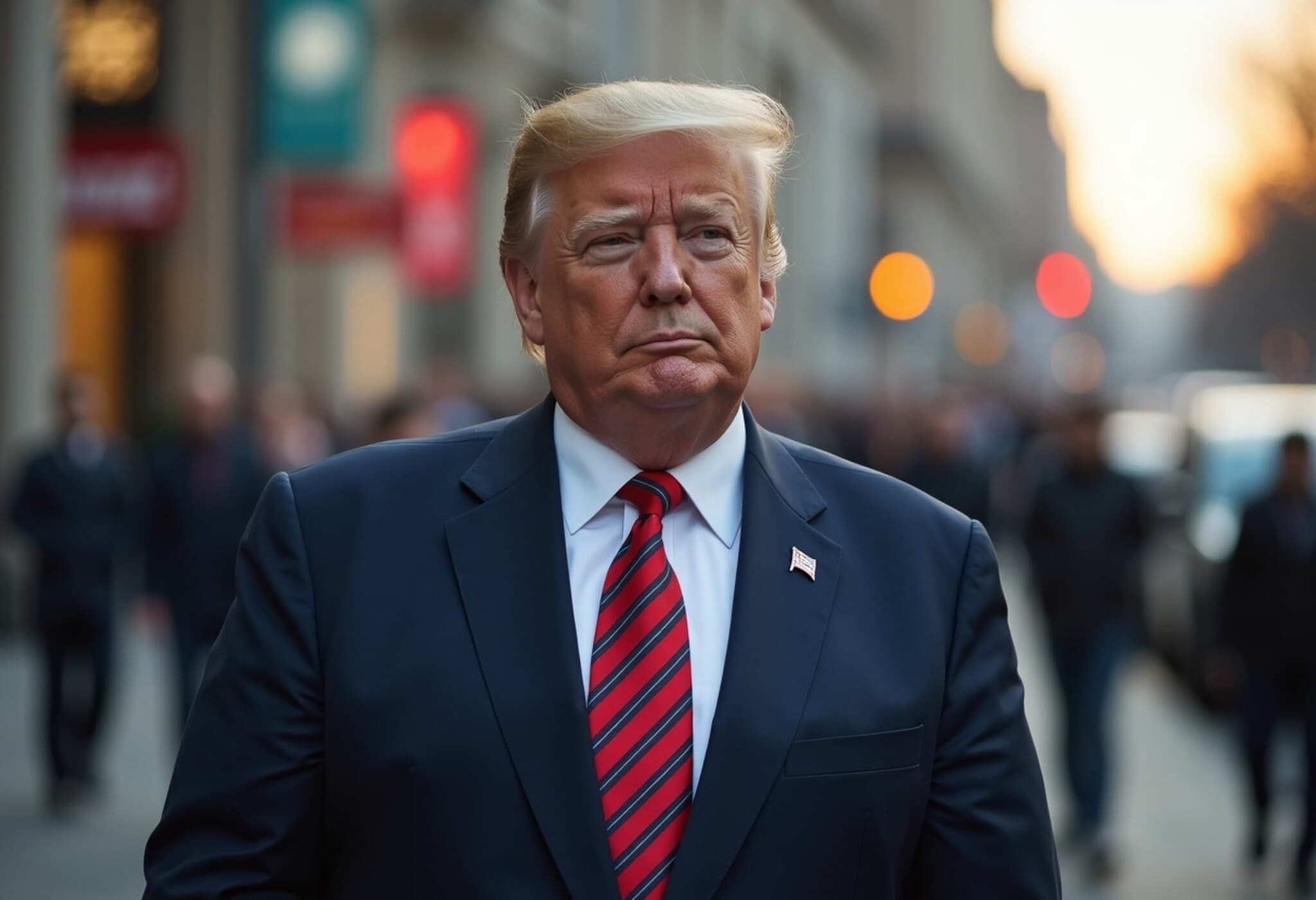Tragedy Strikes Balochistan: Nine Bus Passengers Kidnapped and Killed
In a chilling escalation of violence in Pakistan's southwestern province of Balochistan, authorities recovered the bodies of nine bus passengers who were kidnapped and killed by armed militants. The separatist group Baloch Liberation Front (BLF) has claimed responsibility for this brutal act, accusing the victims — mainly laborers returning to Punjab — of spying for Pakistani intelligence.
Details of the Incident
According to provincial officials, the bullet-riddled bodies were found in the rugged mountainous terrain late Thursday into Friday. The hostages were taken from two different buses in a coordinated attack on Thursday evening. Shahid Rind, a spokesperson for Balochistan’s provincial government, confirmed the kidnapping and subsequent discovery of the bodies while authorities work to identify the victims and contact their families.
Naveed Alam, a government official, highlighted the tragedy with a humanizing detail: among the victims were two brothers on their way to attend their father’s funeral, underscoring the personal loss behind the political conflict.
Background: Balochistan’s Enduring Conflict
Balochistan, rich in natural resources and mineral wealth, has long been a hotbed of separatist unrest. Groups like the BLF and the Baloch Liberation Army (BLA) accuse the central Pakistani government of exploiting regional resources without equitable development or local autonomy. This struggle has led to frequent attacks targeting government forces, civilians, and infrastructure.
Notably, many of the victims hail from Punjab, Pakistan’s populous eastern province. Baloch insurgents have often targeted Punjabis, accusing them of complicity with federal authorities and intelligence agencies. This ethnic dimension adds layers of complexity to an already volatile regional conflict.
Security and Geopolitical Dimensions
Security forces in Balochistan reported foiling multiple insurgent attacks on Thursday, the same day as the kidnappings. Pakistani officials reiterated allegations that India backs these militant groups to destabilize Pakistan, a claim consistently denied by New Delhi. The Indian foreign ministry did not respond to requests for comment on this incident.
The Pakistani military’s statement condemned what it described as India’s “nefarious agenda” to fuel unrest. This rhetoric comes on the heels of the worst India-Pakistan clashes in nearly three decades which took place in May 2025, highlighting the broader geopolitical tensions that exacerbate local conflicts.
The Broader Impact and Underreported Issues
- Impact on Civilians: The targeted killing of laborers and ordinary citizens further fuels fear and displacement, deepening human suffering largely overshadowed by political narratives.
- Economic Consequences: Balochistan’s instability threatens major development projects, including the China-Pakistan Economic Corridor (CPEC), which aims to transform the region through investment in infrastructure and resource extraction.
- Ethnic and Regional Rights: The ongoing insurgency reflects unresolved grievances about political representation, resource control, and ethnic identity—core issues often sidelined in international coverage.
Looking Ahead: Challenges to Peace and Stability
With the BLF and the stronger BLA intensifying attacks, including targeting military personnel and Chinese assets (notably in the key port city of Gwadar), the path to peace remains elusive. The Pakistani government faces the difficult balance of pursuing security operations while addressing long-standing demands for political and economic rights.
This recent atrocity underscores the urgent need for a multifaceted approach incorporating:
- Robust security and intelligence measures to prevent attacks and protect civilians.
- Inclusive dialogue engaging local communities, political stakeholders, and insurgent groups.
- Transparent resource management ensuring equitable regional benefits.
- Constructive international involvement that supports stability rather than exacerbates tensions.
Editor’s Note
As the tragedy unfolds in Balochistan, the world witnesses a microcosm of broader challenges faced by resource-rich, ethnically diverse regions grappling with state authority and insurgent claims. Beyond the headlines, this incident invites reflection on the human cost of protracted conflicts and the crucial roles that political inclusivity, justice, and economic opportunity play in pursuing lasting peace. For policymakers and observers, the question remains: can Pakistan and its partners navigate these turbulent dynamics to foster stability in one of its most strategically vital and troubled provinces?


